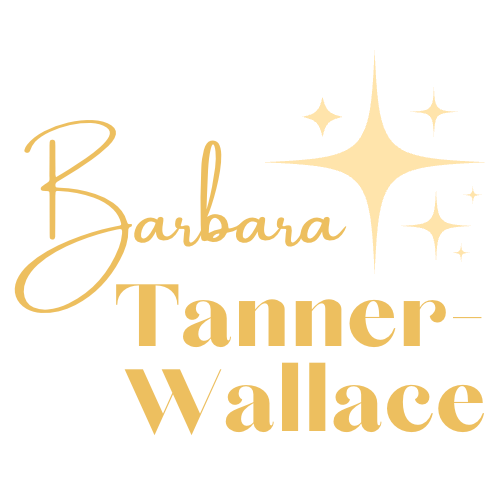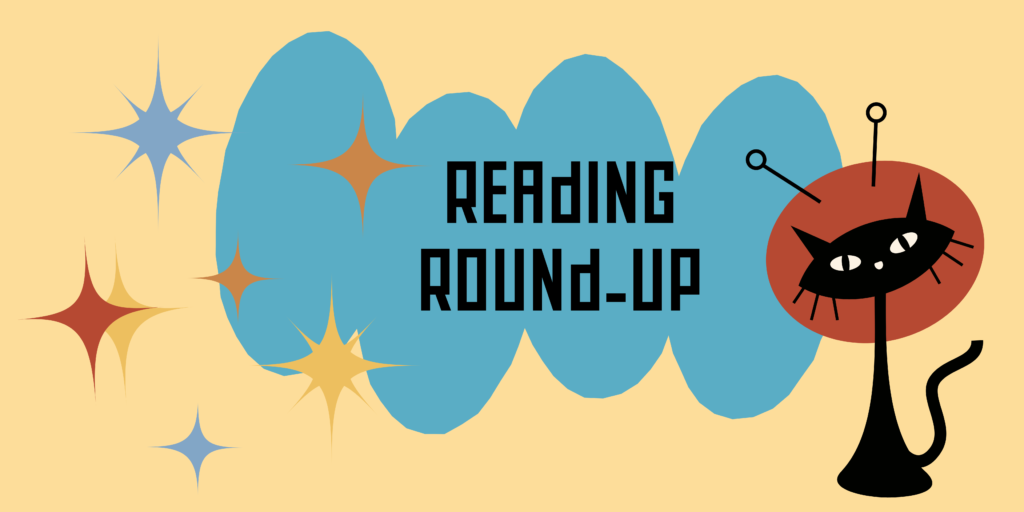
What do you think of the new heading? I’m still looking for a good midcentury font. This is getting closer.
February was an eclectic reading month for me. I found myself sampling everything from self-help to psychological thrillers. Lucky for me, all the books I read were winners!
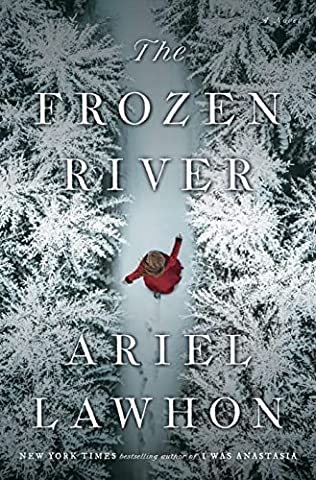
THE FROZEN RIVER by Ariel Lawhon
I know it’s only February, but The Frozen River is already a contender for Best Book of the Year.
First, you’ve got a murder. Then there’s a rape. Lastly, there’s the protagonist, a midwife who knows the town’s secrets. She’s based on a real-life midwife who documented the rape in her journal back in 1789. What amazes me is that if this woman hadn’t kept her journal, we would never know anything about her. How many strong, smart women have been erased from history because they didn’t have a voice?
This is a book about women, relationships, motherhood, and battling the patriarchy in order to have a voice against those in power. It’s also the best plotted book I’ve read since The Measure. Lawhon has thought out everything, and I mean everything. Events occur that are seemingly minor only to return to play a major part.
I couldn’t put this book down. 5 stars.
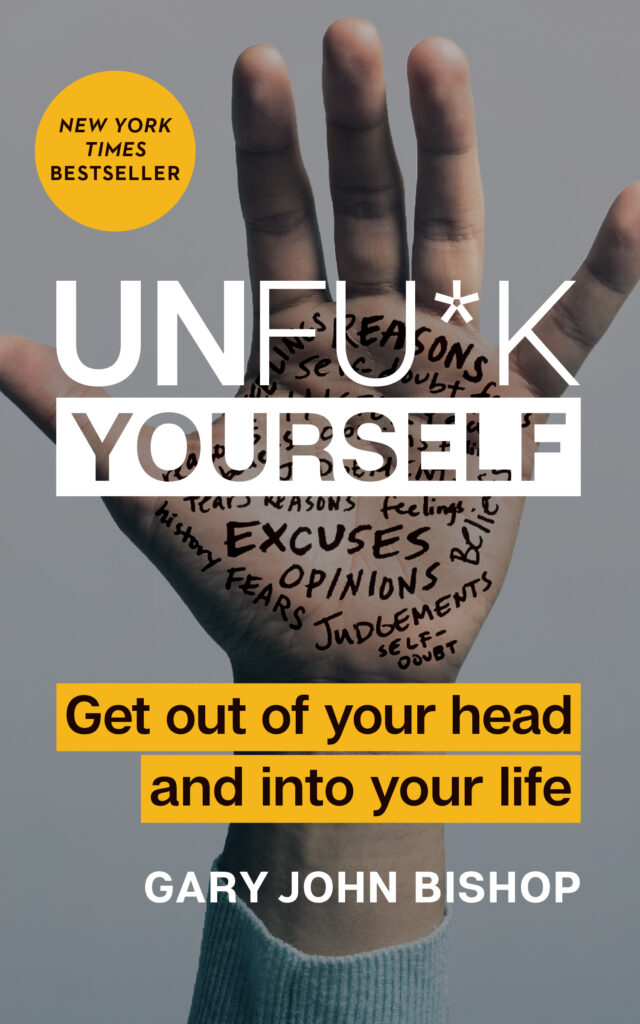
UNF*CK YOURSELF by Gary John Bishop
Having read a lot of self-help books (and I mean a lot ), I can’t say I learned anything new from Unf*ck Yourself. However, something about Gary John Bishop’s no-nonsense approach made the lessons resonate more than usual. He doesn’t hold back, telling readers that while we all have trauma and problems (some people more than others), most of us have the power to get out of our own way. The key is letting go of our victim mentality.
Admittedly his straightforwardness isn’t for everyone, but if you are in the mood for some straight talk about mindset, this is a book worth reading.
4 Stars.
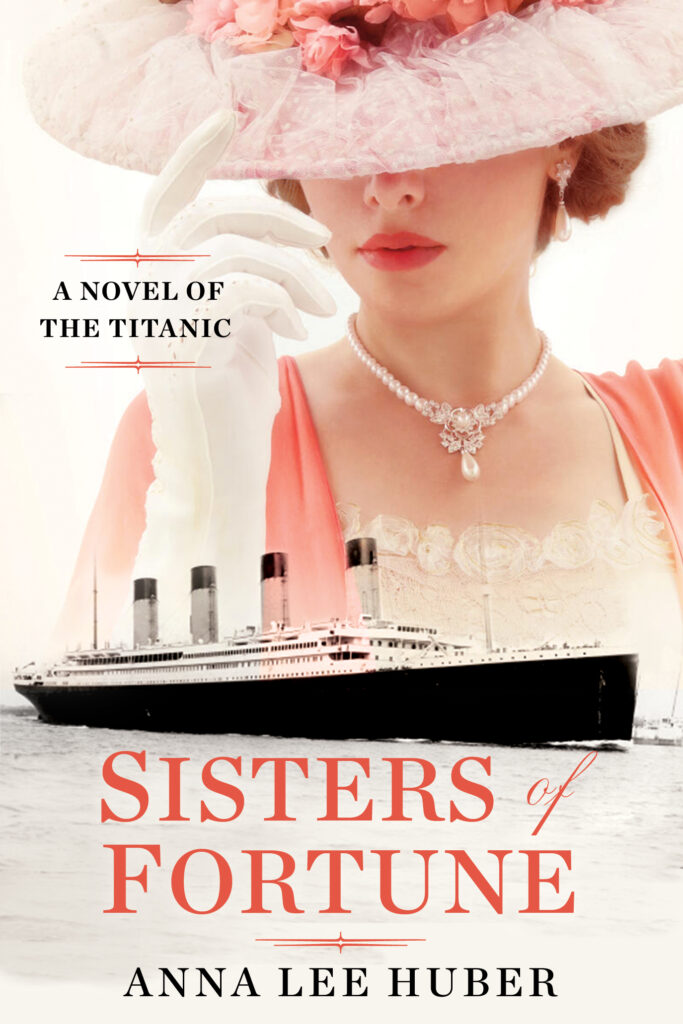
SISTERS OF FORTUNE by Anna Lee Huber
One of the challenges of writing about a famous event is maintaining tension throughout the book. How do you keep people turning the pages if they know what’s going to happen? I’m happy to say that Anne Lee Huber meets the challenge and succeeds.
Sisters of Fortune tells the real-life story of the three Fortune sisters who set sail on the Titanic. Huber wisely gives each sister a story beyond being in a shipwreck. Long before the Titanic strikes its iceberg, the women find themselves challenging familial and societal expectations. Choices about education and marriage will be questioned, scandal will be courted, and threats will be made.
Then there is the disaster itself. Sisters of Fortune is at its best when describing the sinking and its aftermath. Huber does a very good job of capturing the passengers’ fear and heartbreak.
Rounding out the story is a very large cast of characters. Most are based on true Titanic survivors, and like history itself, not all of them survive.
Titanic fans will love the details regarding the ship, especially the descriptions of the ship’s interior.
4 Stars.
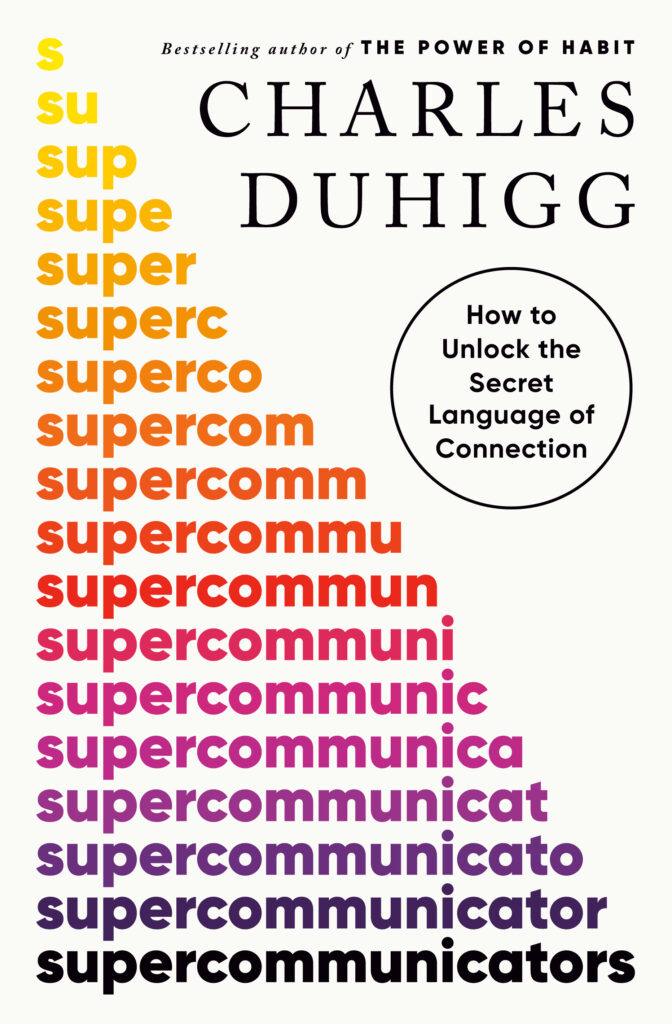
SUPERCOMMUNICATORS by Charles Duhigg
This isn’t a book about super communicators as much as it’s a book about understanding and connecting with one another in the best way possible. Duhigg has studied what makes for effective conversations and, in his usual entertaining way, broken that info into understandable chunks.
I am a social psychology junkie, and I loved every bit of this book. Everyone interested in making better, deeper connections with people should read it.
5 Stars.
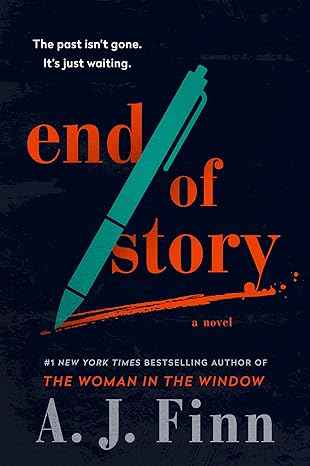
END OF STORY by A.J. Finn
I’ve got to be honest. I’m not sure I liked End of Story. That said, I couldn’t put it down! . It’s a haunting puzzle that won’t let you walk away until it’s solved.
I think my problem with the book is that so much of the mystery revolves around Sebastian Trapp, an Ernest Hemingway-clone who is the greatest mystery writer since Christie, and Sebastian is unlikeable. Even at the end of the book, when the murders are solved, and all the secrets are revealed, I still didn’t like him.
Like I said though, End of Story is one of those books that grabs you and refuses to let go. Just when you think you know what’s going on, Finn throws in a twist. One was so unexpected, it blew me away.
The writing is heavy with metaphors and similes. I think Finn was going for a more literary style, but it didn’t work for me. The flowery language often obscured the events on the page.
5 stars for plotting and story
3 stars for writing (fewer metaphors, more scene blocking, please.)

